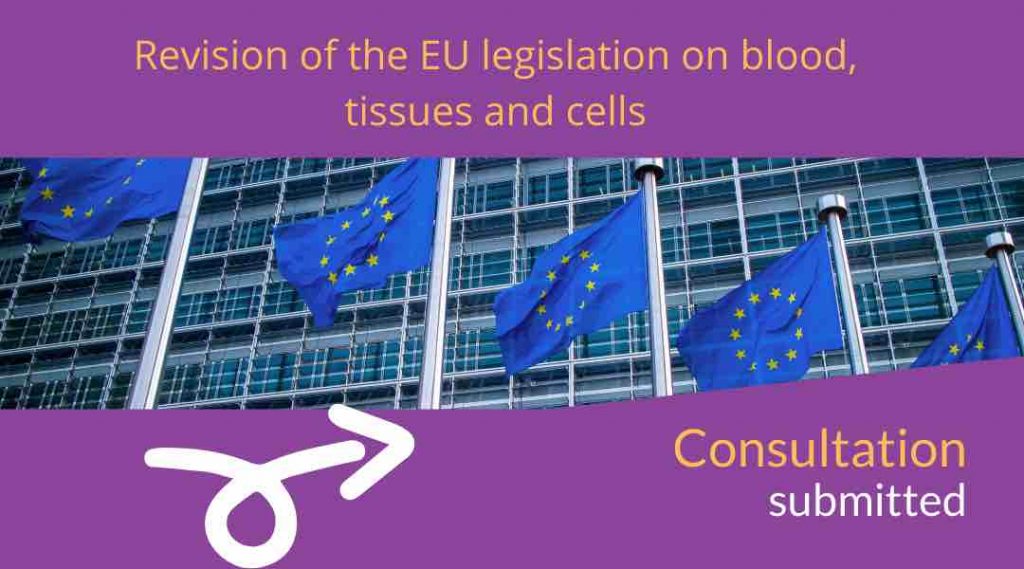Reading time: min
Significant technological and scientific development over the last few years has shown that the EU’s framework on blood, tissues and cells (BTC legislation), adopted in 2002 and 2004, has not been a proper match to the rate of innovation in human tissue technologies.
The industry has been facing several issues as BTC legislation requirements are not adequate to the challenges brought by rapid technological and scientific development. Additionally, throughout the BTC legislation’s life span, the existence of different transposition rules enacted by Member States has been identified as a significant barrier, impacting on the development of much needed advanced therapies.
Following the evaluation of the BTC legislation, the European Commission has introduced an initiative to review and revise Directive 2004/23/EC on the safety and quality of human tissues and cells.
The public consultations ended on April 15, 2021 and the revision is planned to be adopted in the last quarter of 2021.

The main Issues identified by the patients’ representatives from Fertility Europe and the medical specialists working in the field of reproductive medicine from ESHRE included:
• The result of ART treatments is the birth of new human beings, the aspect that is not adequately covered in the current legislation. The safety and health of increasing numbers of individuals who are born thanks to these technologies must be considered.
• European donor register is needed to monitor and regulate the process of the third-party donation in MAR. The information of the donors’ health and identity should be available to the children born thanks to MAR to respect their right to information of their genetic origins. Such solution will also protect donors, patients and other stakeholders’ rights. The absence of a registry in the context of cross-border care presents risks of bypassing quality and safety measures, as well as increased health risks for women and future children.
• The implications of having the same classification for “partner donor” and “non-partner donor” are not being addressed in most of the legislative texts. In the current legislation on BTC, assisted reproduction using own gametes from a man and a woman who are in a relationship as a couple is still considered a “donation”. It is important to include in the directive(s) also the handling of partners’ own tissues and cells, a differentiated terminology would facilitate a more accurate understanding in communication with authorities.
• Innovative technologies are implemented in MAR without sufficient validation in terms of efficacy and safety for patients and offspring. Some are also charged to patients as “add-ons” to fertility treatments.
• New reagents (e.g. culture media) are placed on the market while the information about the content is undisclosed to users.
• A strong recommendation for national harmonized data collection, which can be shared between countries, is missing. Epidemiological information from improved, harmonized registers is urgently needed.
DG Sante is organising workshops with national competent authorities to discuss specific topics of relevance to the Impact Assessment. The workshop will take place on 5 May 2021 and the invited stakeholders include ESHRE, EPF and Fertility Europe. We will keep you informed.
The Commission’s evaluation on the BTC legislation can be accessed at https://ec.europa.eu/health/sites/health/files/blood_tissues_organs/docs/swd_2019_376_en.pdf, and a summary of the initiative can be accessed at https://ec.europa.eu/health/blood_tissues_organs/policy/revision_en.
Copyright © 2025. Fertility Europe. All rights reserved.
Design & Development: Plavi Pixel 2025.
Join our newsletter to receive heartfelt stories, expert insights, and updates from Fertility Europe.